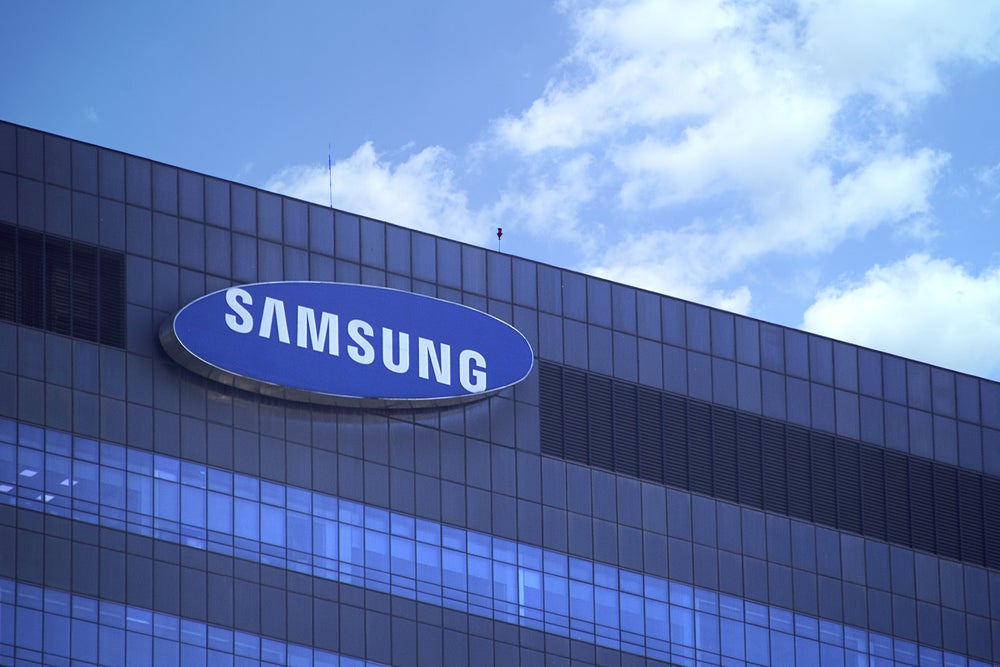
South Korean tech giant Samsung says it has been forced to reduce chip production in the Chinese city of Xi’an, which was recently placed under strict lockdown following an outbreak of Covid-19. The company did not specify the volume affected, but the restrictions could further exacerbate the ongoing global chip shortage.
According to a Samsung Newsroom statement released on Wednesday, the company “decided to temporarily adjust operations”. The company will “take all necessary measures”, including using factories in other locations, to ensure that customers are not affected, the statement added.
“This decision was made in accordance with our commitment to protecting the health and safety of our employees and partners, which remains our top priority,” Samsung said.
After the lockdown in Xi’an was announced last week, media reported that Samsung had to take emergency measures, including requiring essential workers to remain in on-site dormitories over the lockdown period. Reports also said that the company had entered into talks with local authorities on how to continue production.
A company spokesperson assured that “the factory is currently fully operational,” The Korea Times reported. “We are closely watching the development of the situation, and the company is working on measures in case the lockdown drags on and starts to hamper production,” he added.
The city of Xi’an in China’s Shaanxi province has been in a government-mandated lockdown since last week, following a new Covid-19 outbreak. As China is steadfastly pushing ahead with its zero-covid policy, residents in the city have been told not to leave their homes.
How well do you really know your competitors?
Access the most comprehensive Company Profiles on the market, powered by GlobalData. Save hours of research. Gain competitive edge.

Thank you!
Your download email will arrive shortly
Not ready to buy yet? Download a free sample
We are confident about the unique quality of our Company Profiles. However, we want you to make the most beneficial decision for your business, so we offer a free sample that you can download by submitting the below form
By GlobalDataSchools, public venues, transportation lines and other facilities, apart from essential services such as supermarkets and hospitals, were all closed. Each household can appoint one designated person to go out and buy groceries once every two days.
Samsung being forced to halt its production would further exacerbate an already existing backlog in microchip production. Research firm TrendForce warns that Samsung “could face logistical issues related to the Xi’an lockdown in the near future and experience delays in shipments”.
Samsung – alongside Taiwan Semiconductor Manufacturing Company (TSMC) and Intel – is one of the world’s largest semiconductor foundries and a key player in the global chip supply chain.
GlobalData, the data analytics firm, ranks Samsung as the number one company in the semiconductor industry based on its performance and overall leadership in the ten themes that matter most in the industry.
The South Korean tech titan runs two NAND flash memory plants in Xi’an – the first one built in 2014, and the second began production in March last year. Combined, the two factories produce 250,000 wafer sheets a month, accounting for 42.5% of Samsung’s total NAND production and approximately 15% of all NAND production globally.
NAND memory chips are found in various products, ranging from memory cards, USB flash drives and solid-state drives to smartphones and other more sophisticated devices.
The semiconductor shortage began to affect industries in earnest in early 2021, but it traces its origins back to 2020.
Weak demand due to the Covid-19 pandemic caused electronics makers to cancel chip orders last year. When demand for automobiles and other consumer electronics picked up again at the end of 2020, there was not enough chip supply to go around.
Several chipmakers, including TSMC, Intel and Dell, have warned that the shortage will persist in 2022. However, an industry consensus is building that the chip supply chain will resolve its issues by 2023.







